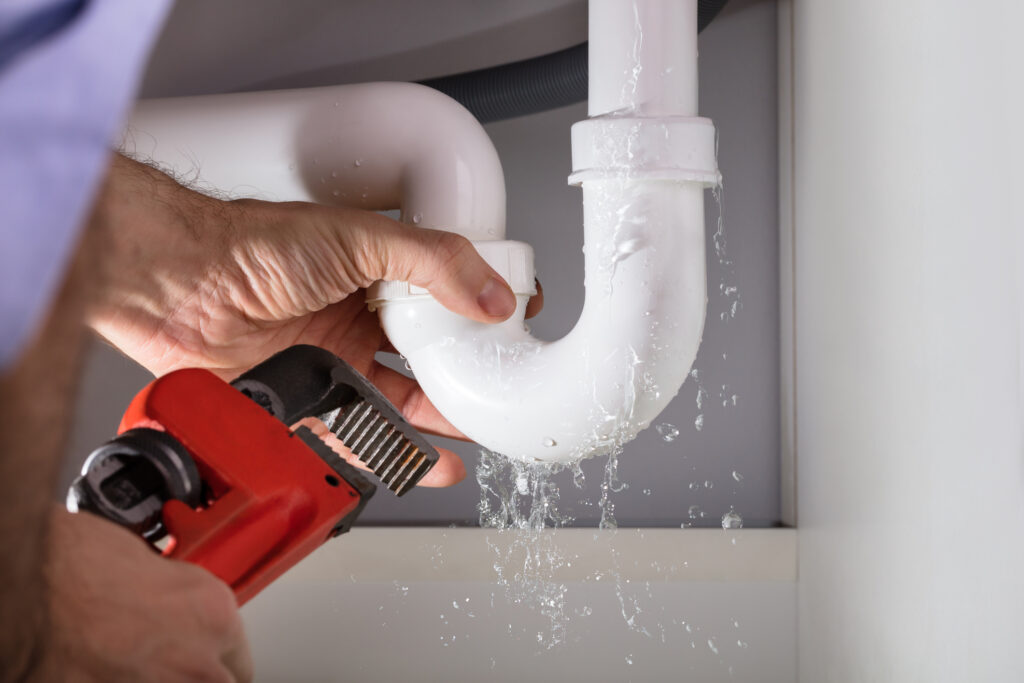
A reliable and efficient water heater is a crucial component of any household, providing the comfort of hot water for daily activities such as showering, cleaning, and cooking. However, like any appliance, water heaters have a limited lifespan, and knowing when it’s time for a replacement can save you from sudden breakdowns and inconvenience. In this blog post, we’ll delve into the general lifespan of water heaters, exploring factors that influence their longevity. As your trusted plumbing partner, South West Plumbing is committed to providing valuable insights to help you make informed decisions about your home’s essential systems.
The Average Lifespan of a Water Heater
The average lifespan of a water heater varies depending on the type and maintenance it receives over the years. On average, a conventional tank-style water heater can last anywhere between 8 to 12 years. However, with proper care and regular maintenance, some water heaters may surpass this range and continue functioning optimally for up to 15 years.
Factors Affecting Water Heater Longevity
Water Heater Type: The type of water heater you have significantly impacts its lifespan. Tankless water heaters, for example, tend to have a longer life expectancy than traditional tank-style models. Tankless heaters are designed to heat water on demand, eliminating the need for a storage tank that can corrode over time.
Water Quality: The quality of your water supply can also play a significant role in the longevity of your water heater. Hard water, which contains high levels of minerals like calcium and magnesium, can cause sediment buildup and corrosion inside the tank, reducing its efficiency and leading to premature failure.
Installation Quality: Proper installation by professional plumbers is essential for maximizing the lifespan of your water heater. South West Plumbing prides itself on providing top-notch installation services, ensuring that your water heater is set up correctly from the start.
Maintenance Routine: Regular maintenance is crucial to the longevity of your water heater. Over time, sediment can accumulate at the bottom of the tank, leading to reduced efficiency and potential damage. Flushing the tank annually and inspecting the anode rod for signs of corrosion are essential maintenance tasks that can extend your water heater’s life.
Signs of a Failing Water Heater
Recognizing the warning signs of a failing water heater is essential to avoid unexpected breakdowns and costly water damage. Keep an eye out for the following indicators:
Age: If your water heater is approaching or surpassing the 10-year mark, it’s prudent to consider a replacement, even if it seems to be working fine.
Rusty Water: Brown or rusty water coming from your hot water taps is a sign of internal tank corrosion, indicating that your water heater may be on its last legs.
Strange Noises: Unusual popping, cracking, or rumbling sounds can indicate sediment buildup inside the tank, which affects its efficiency and lifespan.
Leaks: Any visible leaks around the water heater or on the floor nearby should not be ignored, as they can indicate a significant issue with the tank.
Your Seattle Water Heater Experts
Your water heater is a vital appliance that requires attention and care to ensure its optimal performance and longevity. Knowing the average lifespan of a water heater and recognizing the signs of a failing unit empowers you to make timely decisions and prevent unexpected disruptions to your daily life. At South West Plumbing, we understand the importance of a reliable water heater, and our team of expert plumbers is ready to assist you with installation, maintenance, and replacement services. With our guidance, you can enjoy the comfort of hot water for years to come, knowing that your water heater is in safe hands.









